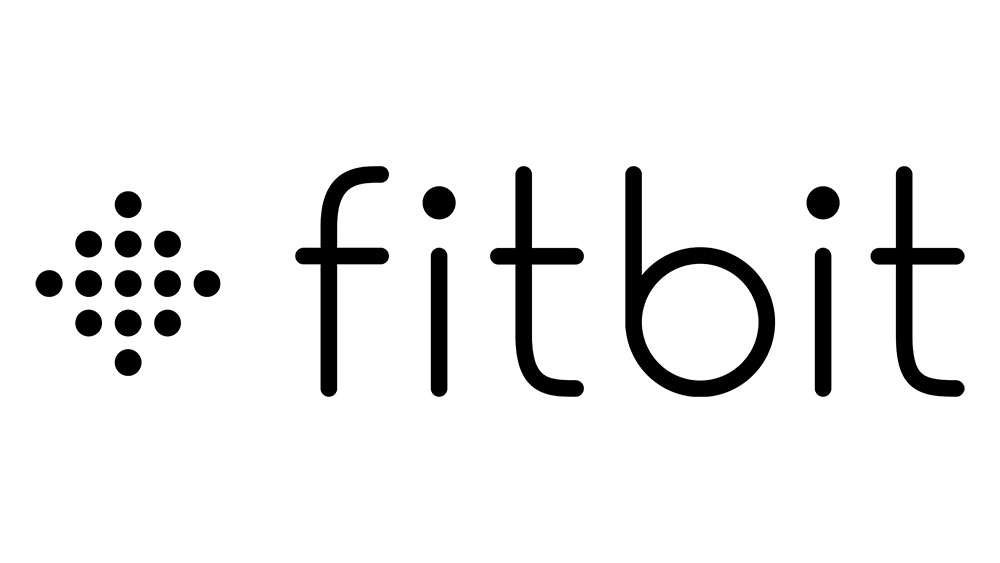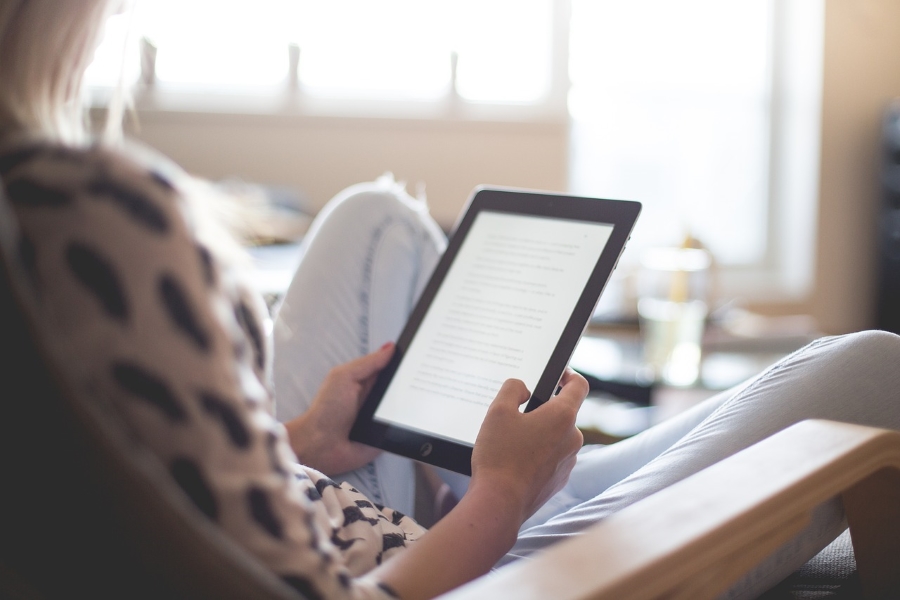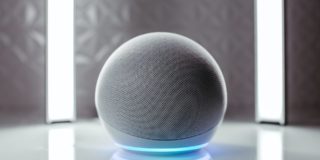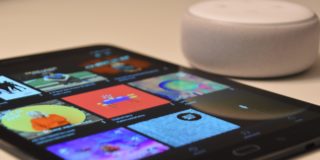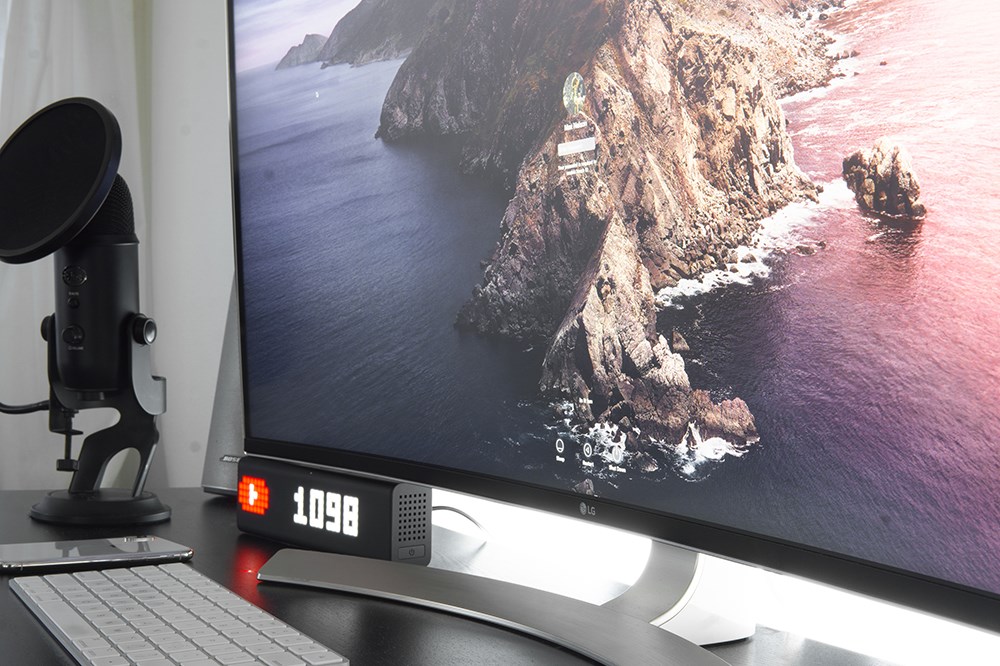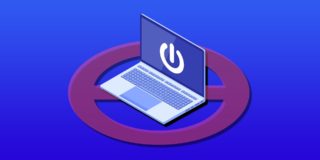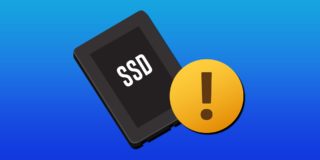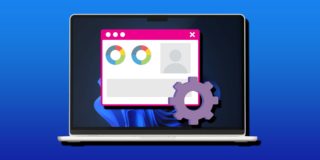Do Fitness Trackers Accurately Track Sleep?
Millions of people worldwide have caught the fitness tracker fever. This comes as no surprise since these convenient gadgets help us stay active and monitor our workouts. One of the valuable functions that can improve our quality of life is tracking sleep. But does it really work?
This article will tell you everything you should know about different sleep stages, how fitness trackers measure them, and how accurate they are.
The Four Sleep Stages
Before we explain how fitness trackers monitor sleep, we need to understand the different sleep stages we go through every night. Namely, every sleep cycle consists of four stages classified based on their type: rapid eye movement (REM) and non-REM. Non-REM sleep has three stages, while REM has only one. We cycle through all stages several times during a typical night.
Here’s a quick overview of each stage.
Stage One Non-REM Sleep
This is the first stage of every sleeping cycle that typically lasts several minutes. During this stage, we shift from wakefulness to sleep. Our bodies relax, and the heartbeat and breathing slow down. We often experience occasional twitches as our muscles relax.
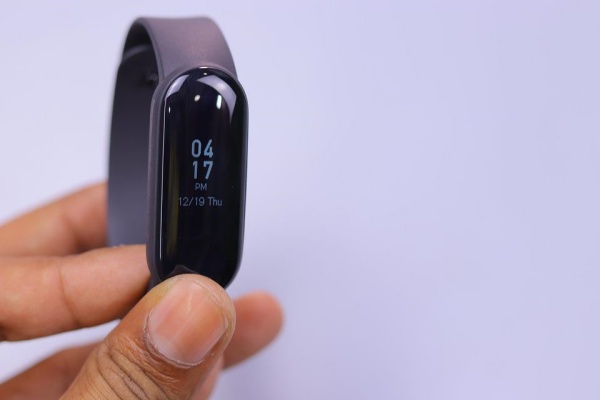
Stage Two Non-REM Sleep
Stage two non-REM sleep is the phase of light sleep before we enter deeper sleep. Our muscles relax even further, eye movements stop, and temperature drops. The brain wave activity also slows down with short and sudden bursts of electrical activity. This stage usually lasts between 10 and 60 minutes and becomes longer with every sleep cycle. Overall, we spend around half of our sleep time in this stage.
Stage Three Non-REM Sleep
This stage is also called the stage of deep sleep. During this stage, our bodies relax even further, and experts believe it’s critical for recovery, growth, and feeling refreshed in the morning. This stage usually lasts longer in the first half of the night.
REM Sleep
REM sleep is the fourth and last stage of a typical sleep cycle and usually occurs around 90 minutes after falling asleep. During this stage, our eyes rapidly move from side to side, breathing becomes faster, and heartbeat and blood pressure increase. This is when most of our dreaming happens. Experts believe this stage is vital for cognitive functions like memory and learning. As we grow older, the REM sleep stage becomes shorter.
How Can Fitness Trackers Monitor Sleep?
The market is filled with fitness trackers that can provide information about our sleep, including:
- Sleep duration – Fitness trackers can pinpoint the time when we fell asleep and woke up.
- Sleep quality – Fitness trackers can detect uninterrupted sleep and periods of increased activity.
- Sleep stages – Many fitness trackers can help you learn more about when your body went into REM sleep.
- Environmental factors – Some fitness trackers can record factors like the temperature in your bedroom or the amount of light to help you get more precise information.
- Lifestyle factors – Some trackers allow you to manually enter information that can affect the quality of your sleep. For example, caffeine and food intake right before going to bed can impact your sleep. Moreover, high levels of stress can cause you to wake up during the night.
How can fitness trackers record this? It’s important to understand fitness trackers don’t measure your sleep. What they do is measure different metabolic aspects while you’re sleeping. Namely, fitness trackers keep track of your movement and heart rate during the night and use this information to estimate the duration and quality of your sleep.
Are Fitness Trackers Accurate in Tracking Sleep?
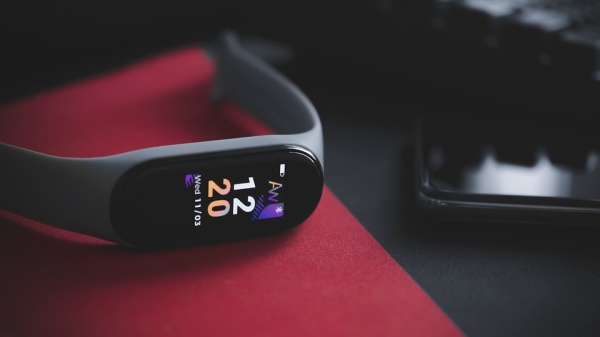
As mentioned, fitness trackers use the lack of your activity during the night to track sleep. Each of the four sleep stages we discussed above has its characteristics that fitness tracker manufacturers use to create patterns. The trackers match your activity during the night to these patterns and thus provide results about your sleep. Since the basis for these results is the lack of activity, fitness trackers don’t offer the most accurate results.
If you want to confirm this, we recommend an experiment. Lie down in your bed, try to relax, and don’t move. Your tracker will most likely start recording your sleep even if you’re not actually sleeping because it identifies inactivity.
While fitness trackers don’t give you the most accurate results, they are still quite useful in tracking sleep. They can help you identify your sleeping patterns and potentially make adjustments. If you’re a healthy person who wants to gain insight into your sleeping routine, a fitness tracker is an excellent tool. On the other hand, if you’re always tired and have concerns about your sleeping pattern, a fitness tracker may not be helpful. In such cases, it’s best to consult a doctor.
What Is the Most Effective Way to Keep Track of Your Sleep?
If you want to receive accurate data regarding your sleep habits, you’d have to do a sleep study. Sleep studies monitor your brain waves and efficiently determine the length and quality of each of the four sleep stages.
The most common type of sleep studies is polysomnography. During the study, a technician applies numerous sensors to your body. These sensors record movement, brain wave activity, eye movement, muscle tone, heart rate, and breathing patterns. Most studies also involve adding a clip measuring oxygen levels to your finger or earlobe. After completing the study (getting a good night’s sleep), a sleep technician analyzes the results and sends them to your doctor. Based on the results, the doctor can recommend the best treatment.
How Much Sleep Do We Need?
Babies need between 14-17 hours of sleep per day, and this number reduces as we age. Adults typically sleep between seven and nine hours every night. Of course, every person is unique, and the amount of sleep one needs depends on many factors.
If you’re physically active every day, you’ll naturally need more sleep to relax. Moreover, if your job requires alertness or you operate a vehicle daily, you’ll need to sleep more to ensure you’re well-rested. Coffee drinkers should consider whether they need caffeine to get through the day. If the answer is yes, it’s because you aren’t getting enough sleep.
Make Sleep a Priority
Although they are not 100% accurate, fitness trackers can provide insight into our sleeping patterns. They detect our lack of activity during the night and give information about the duration and quality of our sleep. Use this data to adjust your sleeping habits and feel well-rested in the morning. Keep in mind that if you have concerns regarding your sleep patterns, you should always visit a specialist.




